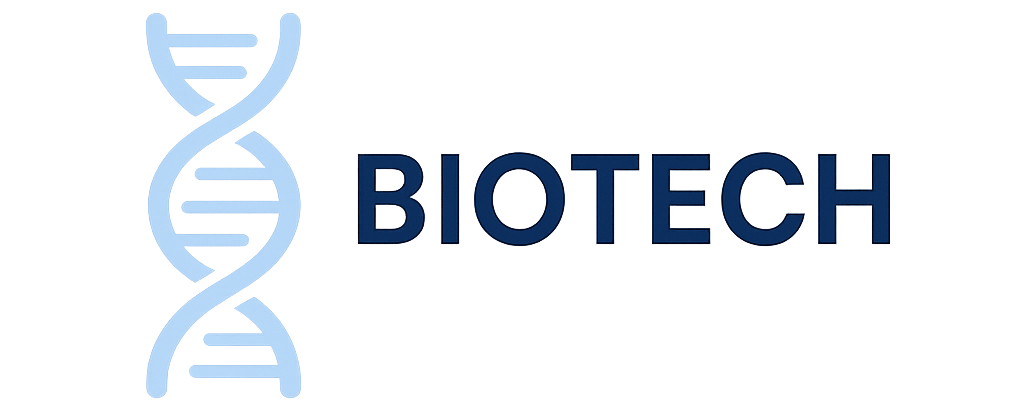
Credit: anilakkus/Getty Images
The popularity of GLP-1-based drugs is testament to the importance of a drug that increases fat burning and lowers blood sugar. Now, a drug—taken in the form of a tablet—offers the outcome of GLP-1-based drugs (which are administered via injection) but with a different mechanism of action. The new research suggests that GRK-biased β2AR partial agonists are promising oral alternatives to injectable treatments currently used in the treatment of type 2 diabetes and obesity.
GLP-1 drugs affect hunger via signals between the gut and the brain, but often have side effects such as loss of appetite, reduced muscle mass, and gastrointestinal problems. The GRK-biased adrenergic agonists activate metabolism in skeletal muscle. In animal studies, the treatment has shown positive effects on both blood sugar control and body composition, but without the side effects associated with today’s GLP-1-based drugs.
This work is published in Cell in the paper, “GRK-biased adrenergic agonists for the treatment of type 2 diabetes and obesity.”
“Our results point to a future where we can improve metabolic health without losing muscle mass. Muscles are important in both type 2 diabetes and obesity, and muscle mass is also directly correlated with life expectancy,” said Tore Bengtsson, PhD, professor at the Department of Molecular Bioscience, Wenner-Gren Institute, Stockholm University and founder and CSO at Atrogi AB.
The drug substance is a β2 agonist developed in a laboratory. The molecule can activate important signaling pathways in the body in a new way, which has a positive effect on the muscles without overstimulating the heart, which is a known problem with β2 agonists.
More specifically, the authors note that they developed pathway-selective agonists of β2AR that prefer GRK coupling, using ligand-based virtual screening and chemical evolution. GRK2, they assert, “is essential for β2 adrenergic receptor (β2AR)-mediated glucose uptake, but β2AR agonists are considered poor clinical candidates for glycemic management due to Gs/cyclic AMP (cAMP)-induced cardiac side effects and β-arrestin-dependent desensitization.”
An initial Phase I clinical trial involving 48 healthy subjects and 25 people with type 2 diabetes shows that humans tolerate the treatment well.
“This drug represents a completely new type of treatment and has the potential to be of great importance for patients with type 2 diabetes and obesity. Our substance appears to promote healthy weight loss and, in addition, patients do not have to take injections,” said Shane C. Wright, PhD, assistant professor at the Department of Physiology and Pharmacology at Karolinska Institutet.
This drug not only works on its own but can also work in combination with GLP-1, thanks to their different mechanisms of action. “This makes them valuable both as a stand-alone treatment and in combination with GLP-1 drugs,” said Wright.
The next step is a larger, clinical Phase II study planned by Atrogi AB, the company developing the treatment. The aim of the study is to see whether the same positive effects seen in preclinical models also occur in people with type 2 diabetes or obesity.



